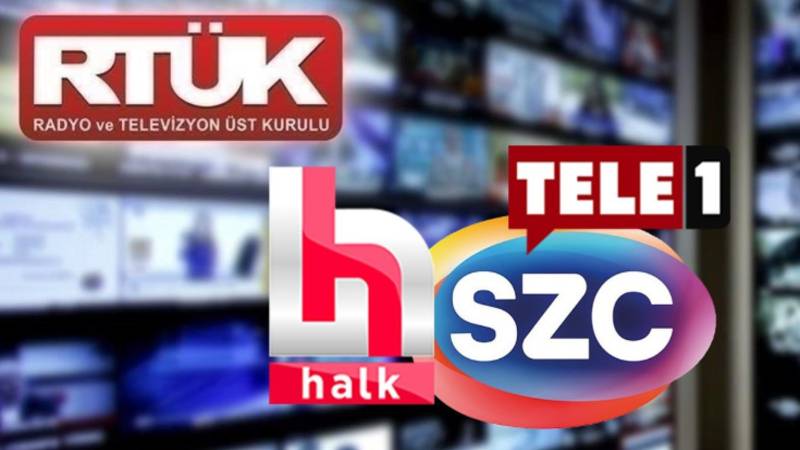Turkey's media landscape is bracing for a significant disruption after the national broadcast regulator, the Radio and Television Supreme Council (RTÜK), imposed simultaneous 10-day blackout penalties on two prominent opposition-aligned television channels, Halk TV and Sözcü TV. The decision has ignited a firestorm of criticism from press freedom advocates, journalists' associations, and the channels themselves, who decry the move as a politically motivated attempt to silence critical voices and restrict the public's access to information.
The penalties have been widely condemned as an assault on democratic principles. In a sharply worded statement, the Journalists Association of Turkey (TGC) argued that the sanctions go far beyond punishing broadcasters. As cited in a report by online news portal T24, the TGC declared, "These decisions suspend the public's right to receive information." The association stressed that by removing two of the country's leading independent news sources from the airwaves, RTÜK is effectively creating an information vacuum and undermining the foundational role of a free press in holding power to account. Critics view the move as part of a broader pattern of using regulatory powers to penalize media outlets that criticize the government.
The targeted channels have vowed to resist what they describe as immense pressure. Cafer Mahiroğlu, the owner of Halk TV, responded defiantly after receiving official notification of the 10-day ban. In a public statement, Mahiroğlu asserted the channel's commitment to independent journalism and rejected the legitimacy of the penalty. "This is an attempt to intimidate and silence us, to make us conform," he stated. "But we will not bow to this pressure. We will continue our struggle for the public's right to know."
In response to the widespread backlash, RTÜK President Ebubekir Şahin defended the council's actions, insisting they were based on legal frameworks, not political agendas. Şahin dismissed the outcry as "social media pressure," stating that the regulator "acts according to the law, not public opinion." He argued that RTÜK could not be expected to "turn a blind eye" to broadcasts that violate the country's laws, framing the blackouts as a necessary enforcement of regulations. However, critics point out that such severe penalties are disproportionately applied to channels known for their critical stance, while pro-government outlets often face less scrutiny for similar alleged infractions.
As the date for the concurrent 10-day blackout approaches, the controversy highlights the deepening polarization within Turkey's media environment. The incident represents a critical flashpoint in the ongoing struggle between state regulation and press freedom, leaving viewers of Halk TV and Sözcü TV to face darkened screens and a diminished choice for news and commentary in a crucial period.
Photo: T24
